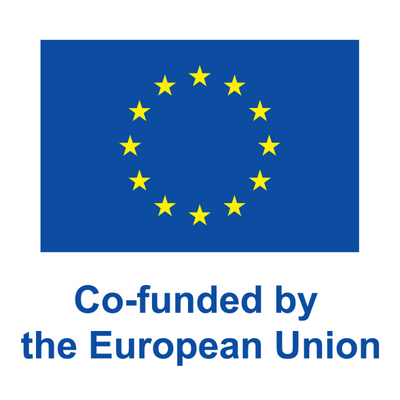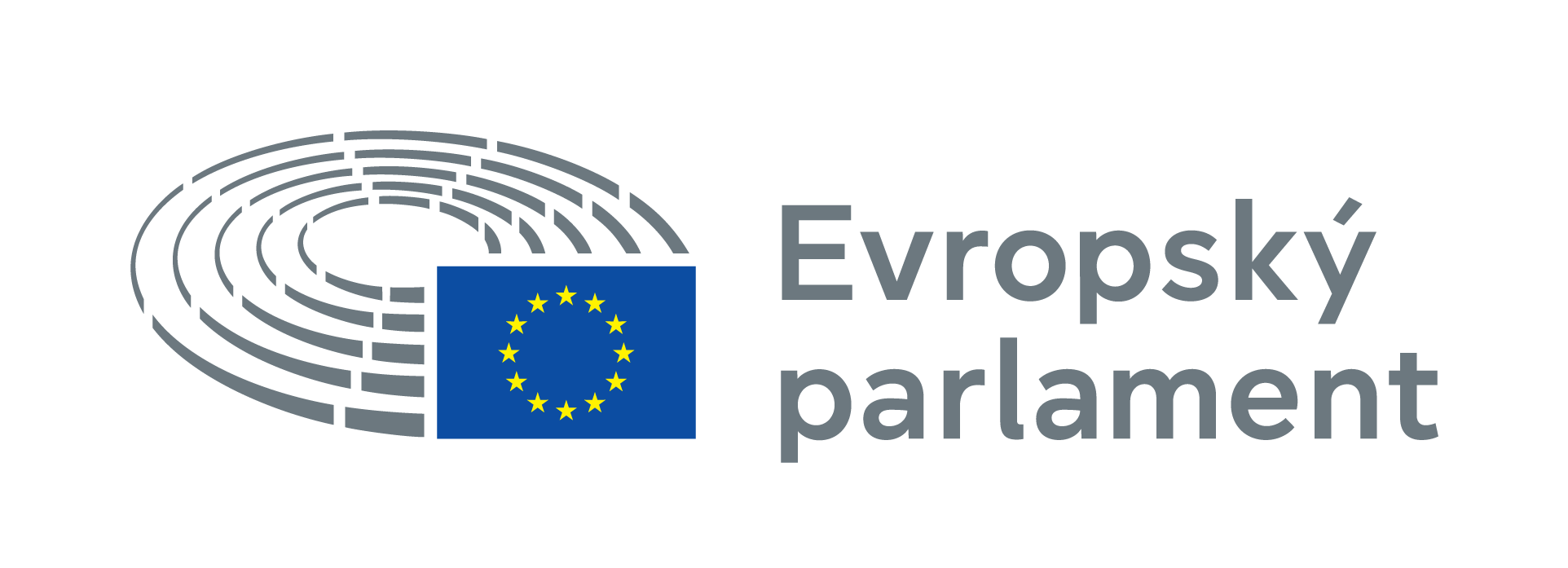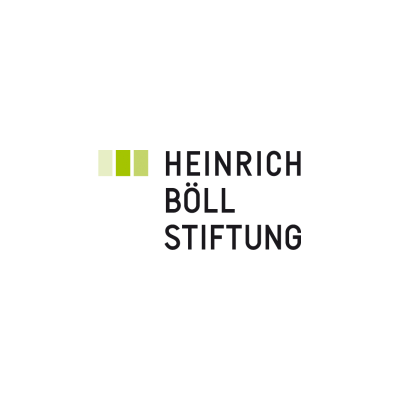Půlroční organizační a komunikační stáž od března 2026
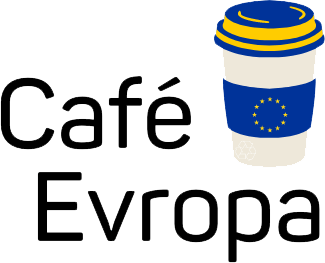
#39 Evropa, má vlast
EuroLens Journal #2: Cena za nečinnost

Jan Lukačevič: Jak si poradit v krizových situacích?
O Institutu EUROPEUM
EUROPEUM je nezávislý think-tank zaměřený na evropský integrační proces. Provádíme původní výzkum a organizujeme veřejné aktivity. Dále formulujeme nové myšlenky a doporučení ke zlepšení domácí a evropské politiky.
Události
Pořádáme pravidelné semináře, debaty, konference, workshopy a kulaté stoly zaměřené na aktuální evropská témata.
Projekty
Naše dlouhodobé projekty pomáhají zvyšovat povědomí o Evropské unii a posilují mezinárodní spolupráci.
Články
Náš výzkumný tým publikuje články reagující na témata spojená (nejen) s evropskou integrací.
Události
Pořádáme pravidelné semináře, debaty, konference, workshopy a kulaté stoly zaměřené na aktuální evropská témata.
Projekty
Naše dlouhodobé projekty pomáhají zvyšovat povědomí o Evropské unii a posilují mezinárodní spolupráci.
Články
Náš výzkumný tým publikuje články reagující na témata spojená (nejen) s evropskou integrací.


Ambice vs realita: Co přinesou EU klimatické cíle pro rok 2040?
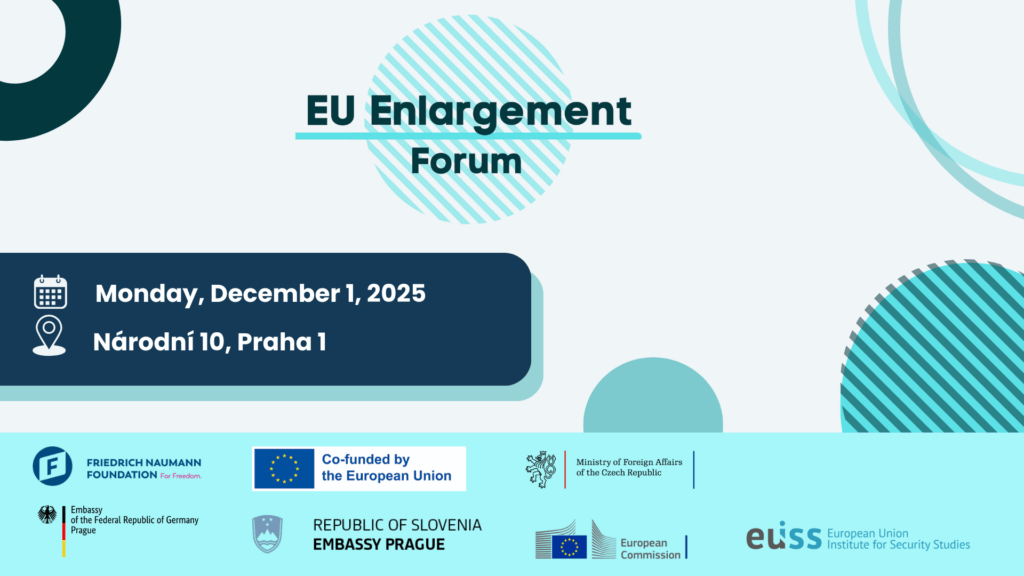
Konference EU Enlargement Forum 2025

Evropský čtvrtek u piva s Tomášem Pojarem
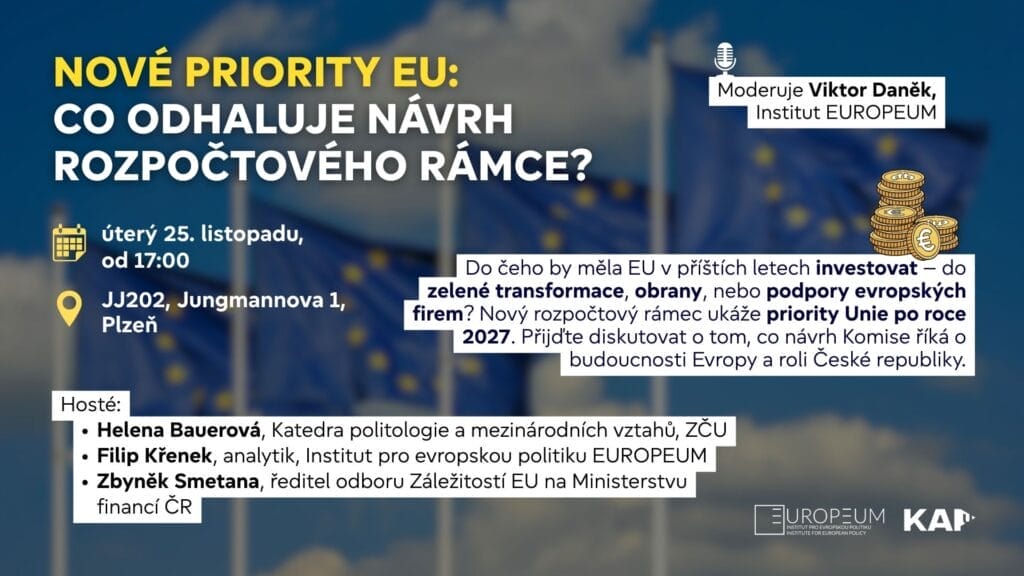
Nové priority EU: Co odhaluje návrh rozpočtového rámce?

Kino Europa: Nasáklí ropou | Promítání s debatou

„Situace není katastrofická.“ Desítka hlavních geopolitických rizik a příležitostí pro Ukrajinu v roce 2026. Spoiler: část rizik si Ukrajina vytváří sama.

Problémům navzdory. Českému automobilovému průmyslu se daří. Co ho čeká příští rok?

Ostražitý Brusel. Babišovo řešení střetu zájmů nemusí stačit

Seznam Zprávy | Miliardy, Ukrajina a budoucnost EU. Babiš se vrací k evropskému stolu

ČT1 | EK zmírnila plán na zákaz prodeje automobilů se spalovacími motory

iDNES.cz | Německý plán poškodí český průmysl. Energeticky náročné podniky čeká rána

JustGreen

Postoj České republiky k e-mobilitě, ETS2 a SCF v období po roce 2025
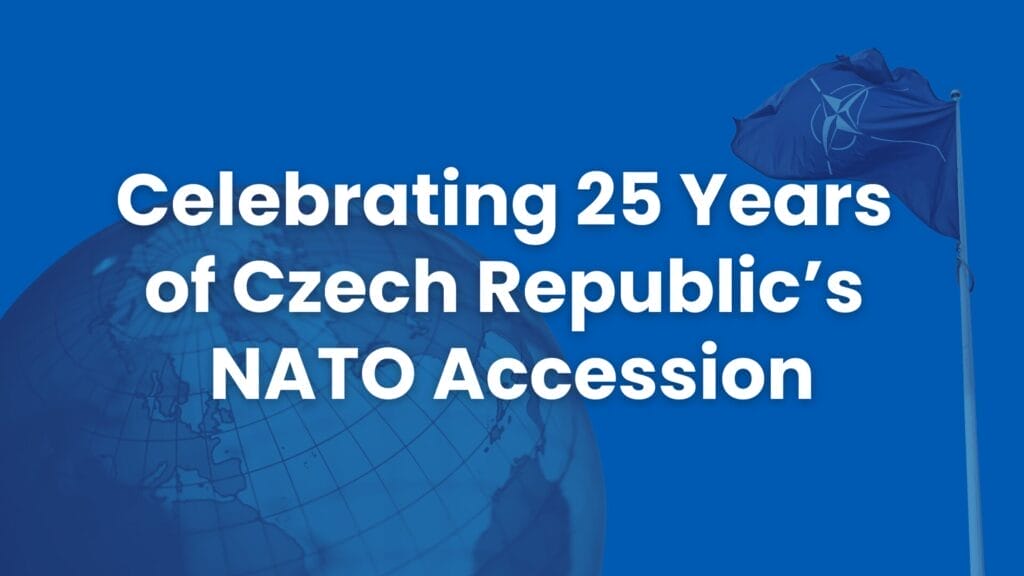
Celebrating 25 Years of Czech Republic’s NATO Accession
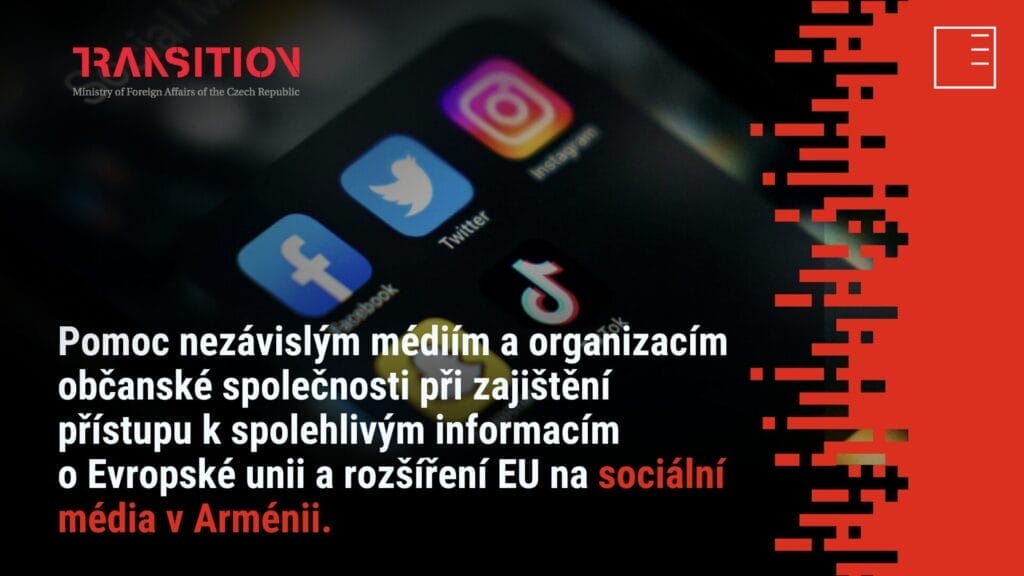
Pomoc nezávislým médiím a organizacím občanské společnosti při zajištění přístupu k spolehlivým informacím o Evropské unii a rozšíření EU na sociální média v Arménii.
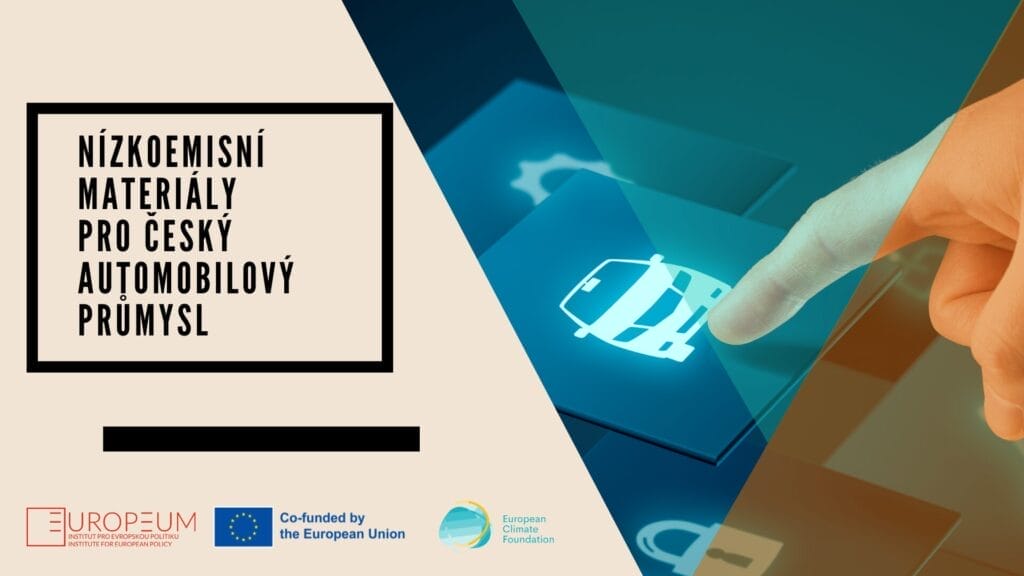
Nízkoemisní materiály pro český automobilový průmysl

Platform Revolution: utváření budoucnosti pro práci v EU a na západním Balkáně

Policy paper | Po USAID: Co česká zkušenost ukazuje o evropské pomoci Ukrajině

Policy paper | 2025: Noví lídři a opozdilci v procesu rozšiřování EU

Blog | Ovlivněni šedou digitální propastí: Jak digitální vyloučení brání starším lidem v přístupu k eHealth v Česku

Report | Od partnera k rivalovi: Jak by měla Evropa reagovat na rostoucí vliv Číny?

Policy Paper | Mezi kontrolou a rozpory: V4 v době Paktu EU o migraci a nedostatku pracovních sil

Report | Perspektivy rozšíření EU na západním Balkáně: Promarněná příležitost, nebo strategický zlom?
Sledujte nás na X
Poslechněte si náš podcast
Napište nám
Můžete nás kontaktovat vyplněním formuláře níže, e-mailem, telefonicky nebo prostřednictvím sociálních médií.
110 00, Praha 1
